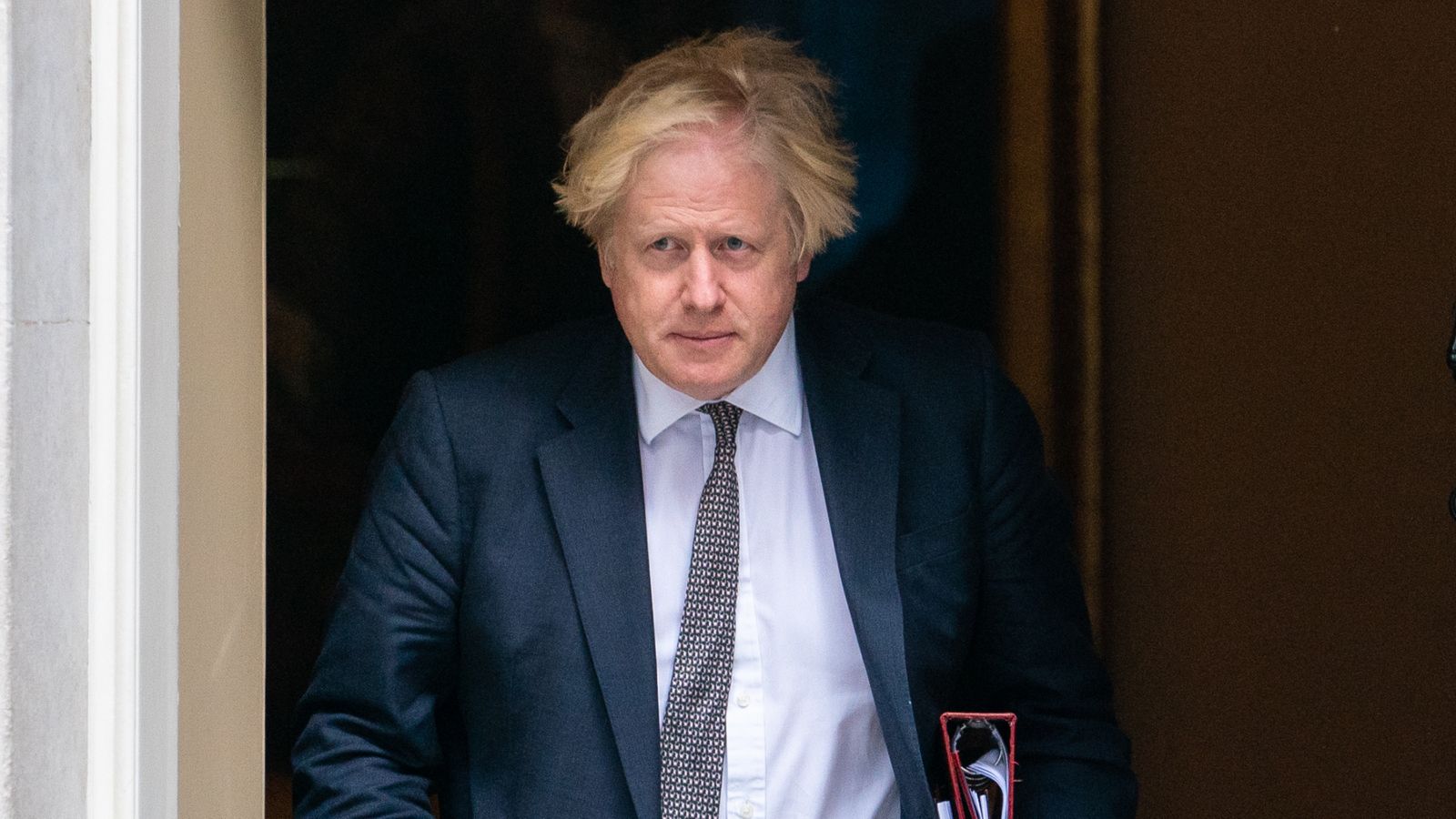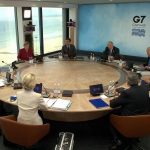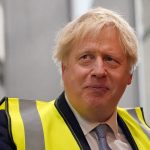Boris Johnson is set to face a significant amount of opposition from MPs over his handling of the Afghanistan crisis, possible plans to hike national insurance, and cutting the Universal Credit uplift when parliament resumes today.
In a statement set to be delivered to the Commons later, the prime minister will praise the “courage and ingenuity” of all involved in the Kabul airlift.
He will be facing highly critical MPs from both sides of the house while he reiterates his pledge to use “every economic, political and diplomatic lever” to help the Afghans left behind.
Mr Johnson and Foreign Secretary Dominic Raab have both been subject to criticism over the withdrawal of foreign forces from Afghanistan and their response since the Taliban takeover.
Labour have called the government’s operation “chaotic” after thousands of Afghans who worked with Britain, their families and other vulnerable citizens were left behind when troops withdrew last month.
Please use Chrome browser for a more accessible video player
Mr Johnson could face further scrutiny as he is expected to reveal controversial and long-awaited reforms to social care.
His fix is estimated to cost £10bn – but plans to increase national insurance to pay for it have already prompted criticism from his own party, even though they are yet to be formally announced.
Former chancellor Lord Hammond has warned the prime minister there will be a “very significant backlash” if he goes ahead with the manifesto-breaking move this week.
Any increase in taxation would be a breach of the 2019 Tory manifesto, which contained a personal “guarantee” from Mr Johnson not to raise income tax, VAT or National Insurance.
Labour has also voiced its opposition to increase National Insurance.
Meanwhile, three former Conservative chancellors have labelled the reported plan as a tax on the working young.
Lord Hammond, who was chancellor between 2016 and 2019, told Times Radio: “I think that if the government were to go ahead with the proposed increase in National Insurance contributions, breaking a manifesto commitment in order to underwrite the care costs of older people with homes, I think that would provoke a very significant backlash.”
Lord Clarke, the Conservative chancellor between 1993 and 1997, told LBC radio it is “too heavily weighted on the lower paid” and there is “no reason” why people who continue to work after the state pension age no longer pay it.
And Conservative former prime minister Sir John Major warned against the move targeting workers and employers by arguing it is “regressive”.
Ministers have also privately acknowledged their opposition to the proposal, while Commons Leader Jacob Rees-Mogg appeared to show his disapproval in his “weekly wisdom” column in the Sunday Express.
He republished a famous quote by former president George Bush senior: “Read my lips: no new taxes”, before he went on to raise taxes and lose the next election to Bill Clinton.
Mr Rees-Mogg added: “Voters remembered these words after President Bush had forgotten them.”
Please use Chrome browser for a more accessible video player
Reports on how much the increase will be have varied.
The Times said Health Secretary Sajid Javid is pushing for a 2% increase, while Chancellor Rishi Sunak is arguing against any increase of more than 1%.
The Daily Telegraph said Number 10 wants a one percentage point rise, but the Treasury is pushing to go higher, possibly 1.25 percentage points.
The Sunday Times reported that lifetime contributions on care will be capped at about £80,000 and National Insurance will be increased by 1.25% to raise between £10bn and £11bn per year.
Sometime this week, the prime minister is also expected to announce an extra £5.5bn for the NHS to help tackle backlogs and manage the pandemic for the next six months.
This extra money comes on top of £6.6bn extra allocated to the NHS in March for the first half of 2021/22.
However, it’s half of what NHS bosses are demanding.
Health leaders are waiting for news of funding for next year with NHS bosses last week calling for £10bn extra in 2022/23.
Government sources told Sky’s political correspondent Rob Powell that discussions over the reforms to social care and health funding beyond next year were ongoing, with some details still to be worked out.
And Mr Johnson faces further opposition over his commitment to stopping the £20 uplift to Universal Credit handed out during the pandemic from the beginning of October.
Research by the charity Action for Children has revealed that working families will be facing the biggest overall drop in their benefits income since 2010.
It has led to stern criticism from MPs and charities alike that Mr Johnson is driving families into poverty.






















